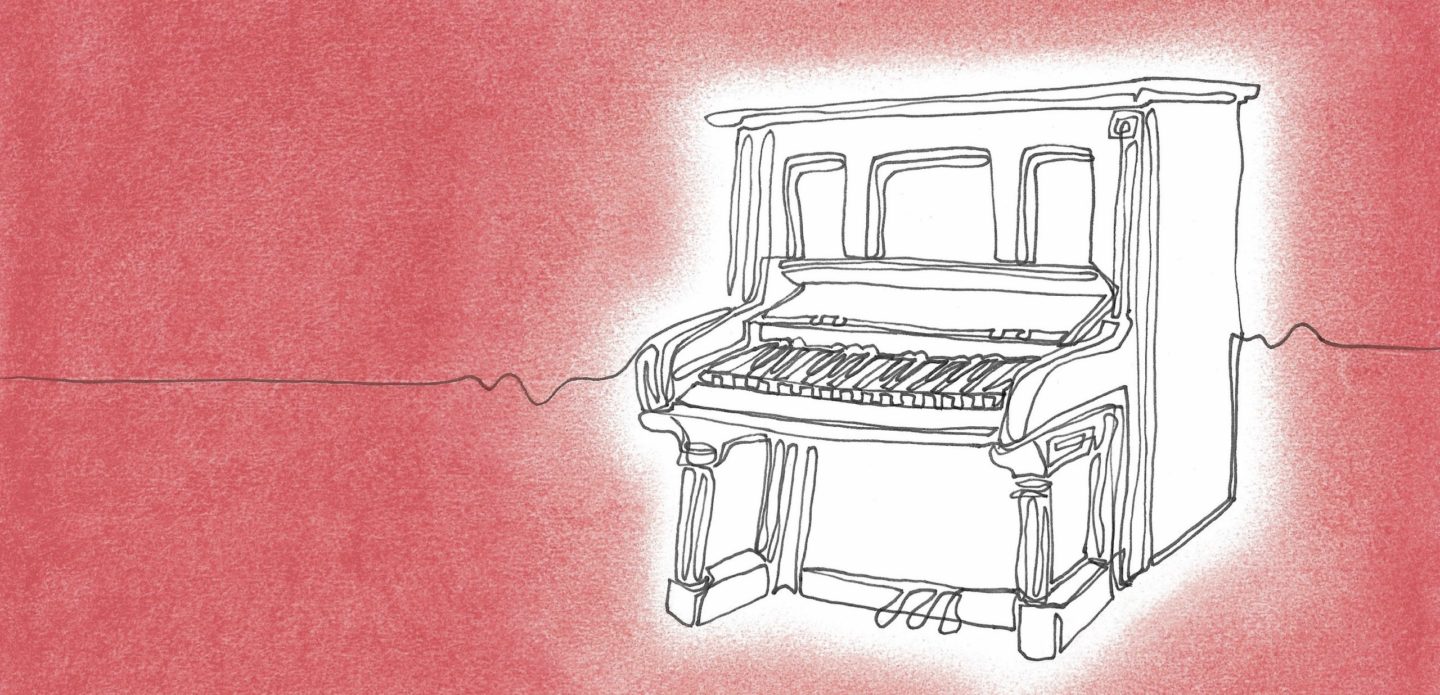Spanish, just like English, is spoken differently depending on where you are in the world. Cuban Spanish is a very difficult breed, though it gets easier to understand day by day. Many Cubans speak very quickly, and pronunciation is sometimes non-existent. Just another desafío to deal with.
My brother, who’s working at a university in Colombia, South America, warned me that Cuban Spanish would be difficult. He’s spoken with a Cuban professor there and despite being fluent in Spanish, still has difficulty understanding the man. After meeting my host father, Silvino, for the first time, I could easily see what my brother was saying. Silvino, like many Cubans, slurs his words and speaks in a mumble-y way, constantly requiring us to ask him to repeat himself. He, like many Cubans, drops the letters s, d, and r. For instance, the word for back, “espalda,” will sound like “eh-palda,” the word for “door,” “puerta,” will turn to “pue-tta,” and adjectives like “pasado” will become “pah-sao.” In addition to this looseness in pronunciation, there are also just some generally weird changes. Often, r is replaced with l, so “mi amor, my love” becomes “mi amol.” Also, words ending in d will sometimes change to t, inexplicably. It’s “verdad,” or true, that verdad can be pronounced “verdat” here.
Naturally, there are also slang terms, expressions, and words that we’ve only recently come across here in Cuba. For example, Silvino will often ask how we are by saying “¿Cómo andas?” or literally, “How do you walk?” (Sometimes, it sounds more like “ondas,” which means “waves,” so perhaps he and other Cubans are just dropping the “e” in verb form of “to walk/flutter,” “ondear.”) On windy days, his wife Angelita will say “Hay mucho aire,” or “there’s a lot of air,” when we’d be inclined to use the word “viento,” for “wind.” As mentioned in my fun facts post, “papaya” is a slang term for female genitalia, so the fruit is actually called “fruta bomba.” “Congrí,” a term for rice and beans, is specific to Cuba, and a bus here is not called an “autobús,” but rather a “güagüa.” Some terms are specifically handy for tourists to know, such as “yuma,” the word for foreigner (rather than “extranjero”) and “jineterismo.” Jineterismo refers to tourists being targeted by hustlers who convince them to pay ridiculous prices for things and lead them into traps. Jineteros are men who hustle, while jineteras are either female hustlers or prostitutes.
Last but not least, there are certain verbs that Cubans use more frequently here due to the nature of their lifestyle. As mentioned, “resolver,” the idea of fixing or finding the solution to something, is very prevalent. Things are not easy in Cuba, but there is constant faith in resolver. Much of needing resolver stems from the lack of resources here. For this reason, the verb “conseguir,” meaning “to get/obtain,” is used frequently. You never hear people saying they’re going to buy, or “comprar,” food, but instead hear they’re going to search, “buscar,” for food. Our host mother Angelita also uses a couple food-related words that I hadn’t heard much previously. The first is “quitar,” which means “to take away.” Before dinner, she always asks, “¿Tienes hambre? Tenemos que quitar el hambre” – literally “Are you hungry? We have to take away that hunger.” Much to our chagrin, she also uses the word “engordar” frequently, meaning “to get fat.” In a single day, she’ll tell us “No van a engordar porque corren y caminan tanto” and “Mira, ¡están engordando!” “You guys (my roommate Evyn and I) aren’t going to get fat because you run and walk so much” and “Look, you guys are getting fat!” We don’t love it. (Meanwhile, every time we’ve finished eating dinner, Silvino, somewhat incredulous, asks me “¿Ya acabaste?”) “You’re already finished?” Finally, true to his and Angelita’s grandparent-like nature, every time we leave the house at night, they command, “Abrígate!” “Put a jacket on!” Grandparents are the same wherever you go, I suppose – there to fatten you up and worry about you, but in the most loving, sweet way.
While Cuban Spanish is difficult, I’d rather struggle with a tougher form of Spanish now than have a rude awakening in some other Spanish-speaking country. Angelita and Silvino are a good example of how variable the speech can be; while both show patterns that I’ve mentioned, Angelita is probably ten times easier to understand. The same is true of Cubans we encounter day-to-day. Some enunciate well and speak at a reasonable pace, while others speak so fast and slurred that you wonder if they’re even speaking Spanish. However, listening and comprehending the Spanish is only half the concern; the other half is responding. We get better at both daily, but I believe speaking Spanish will always be a work in progress given its variability not just worldwide, but within one country itself. read more

